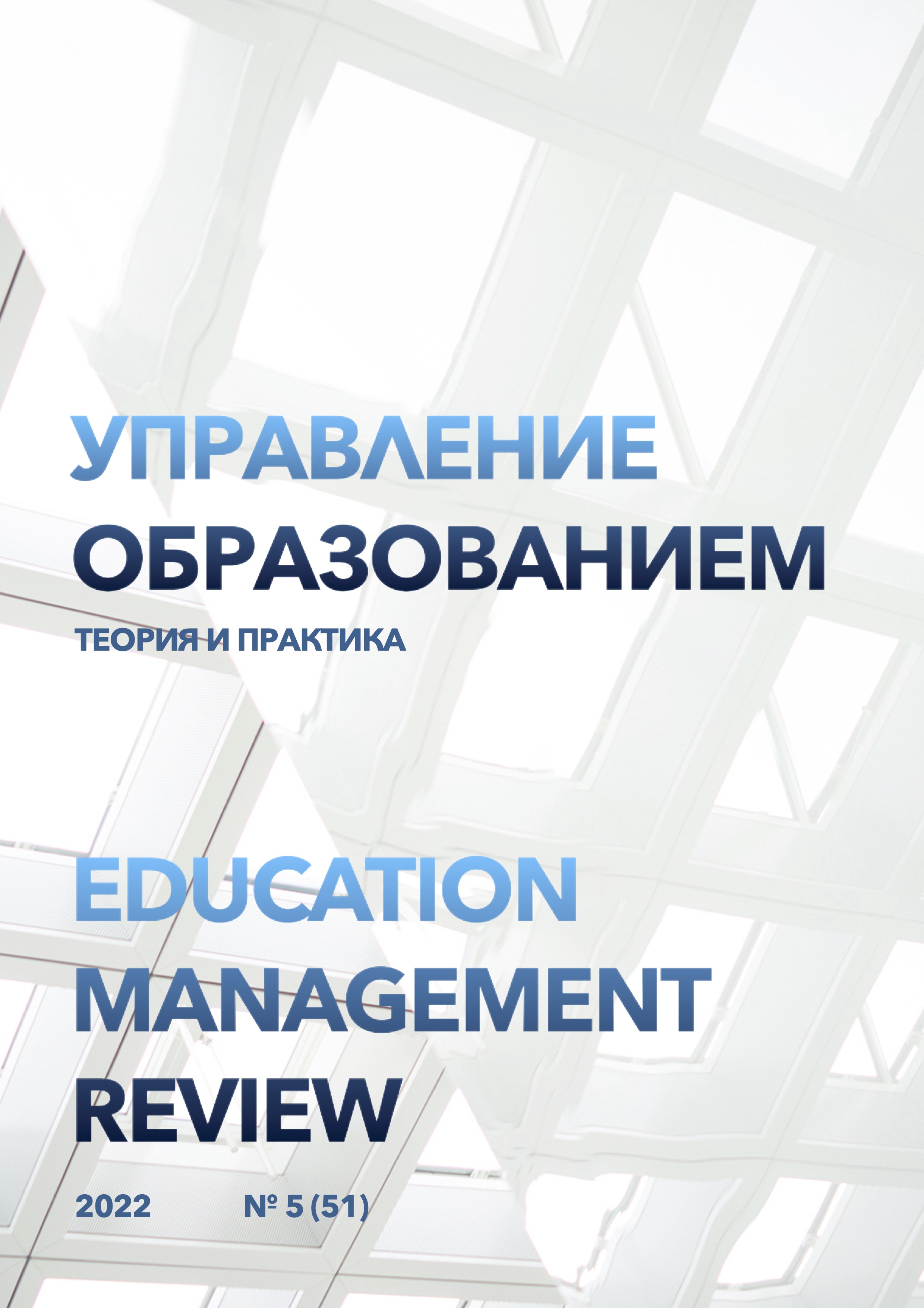Interdisciplinary integration of diverse aspects in a medical institution of higher education
DOI:
https://doi.org/10.25726/j0478-7090-2858-qKeywords:
diversified aspects, interdisciplinarity, medicine, educationAbstract
The implementation of interdisciplinary connections in educational activities is one of the necessary didactic means of forming students' professional knowledge and skills. It is important that the educational information acquired during the study of other disciplines is not repeated, but is used to motivate students' learning activities, actualize their knowledge, skills and abilities, substantiate, clarify the essence of phenomena, modeling processes, and the like. The problem of interdisciplinary integration in education has been studied for a long time. The absence, unscientific or insufficient depth of interdisciplinary integration often led, on the one hand, to the duplication of individual issues in different sciences in conditions of a shortage of academic time, and on the other hand, to insufficient assimilation by students of a number of topics in disciplines. Based on our long-term experience of teaching the discipline on the basis of a purposeful, theoretically and technologically sound selection of structural elements of the content, the system-forming links of the discipline "Latin language and medical terminology" with other disciplines with which the Latin language is connected by integration links were identified. Among them, first of all, human anatomy, pharmacology, biology, general and biological chemistry, normal physiology and the like. If we consider the importance of the Latin language for the formation of terminological competence of future doctors, then we can unequivocally assert close integration ties with all disciplines that students study at senior courses without exception.
References
Антонович М.Ю., Любченко М.Ю. Дистанционное образование // Медицина и экология. 2019. № 1 (90). С. 119-122
Аскаров А.Д. Внедрение дистанционного образования в процесс повышения квалификации педагогов как фактор модернизации образования //Символ науки. 2020. № 1. С.70-73
Белай И.М., Красько Н.П., Демченко В.О., Остапенко А.А., Михайлюк Е.О. Внедрение дистанционного образование на этапе последипломного образования провизоров // Науковий огляд. 2016. № 1 (22). С. 149-152.
Ваганова О.И., Гладков А.В., Коновалова Е.Ю., Воронина И.Р. Цифровые технологии в образовательном пространстве // Балтийский гуманитарный журнал. 2020. № 2 (31). С. 53-56
Вольчик В.В., Ширяев И.М. Дистанционное высшее образование в условиях самоизоляции и проблема институциональных ловушек // Актуальные проблемы экономики и права. 2020. Т. 14. № 2. С. 235248.
Ерёмина А.В. Орлова О.Н. Дистанционное образование как одна из форм реализации концепции открытого образования в мировом масштабе //Пожарная и техносферная безопасность: проблемы и пути совершенствования. 2020. № 1 (5). С. 254-256
Итинсон К.С. Массовые открытые онлайн курсы и их влияние на высшее образование // Карельский научный журнал. 2019. Т. 8. № 3 (28). С. 15-17.
Кириллова А.В., Усатова И.Ю. Влияние covid-19 на психологический комфорт обучающихся иностранному языку в дистанционном формате в вузе /Балканское научное обозрение. 2020. Т. 4. № 4 (10). С. 29-32.
Литвинов Д.В. Дистанционное образование как форма организации образования // International scientific review of the problems and prospects of modern science and education. 2020. P.84-87
Мишота И.Ю. Использование технологий дистанционного образования в корпоративном образовании // Индустрия туризма: возможности, приоритеты, проблемы и перспективы. 2015. № 8 (2). С.233-237




